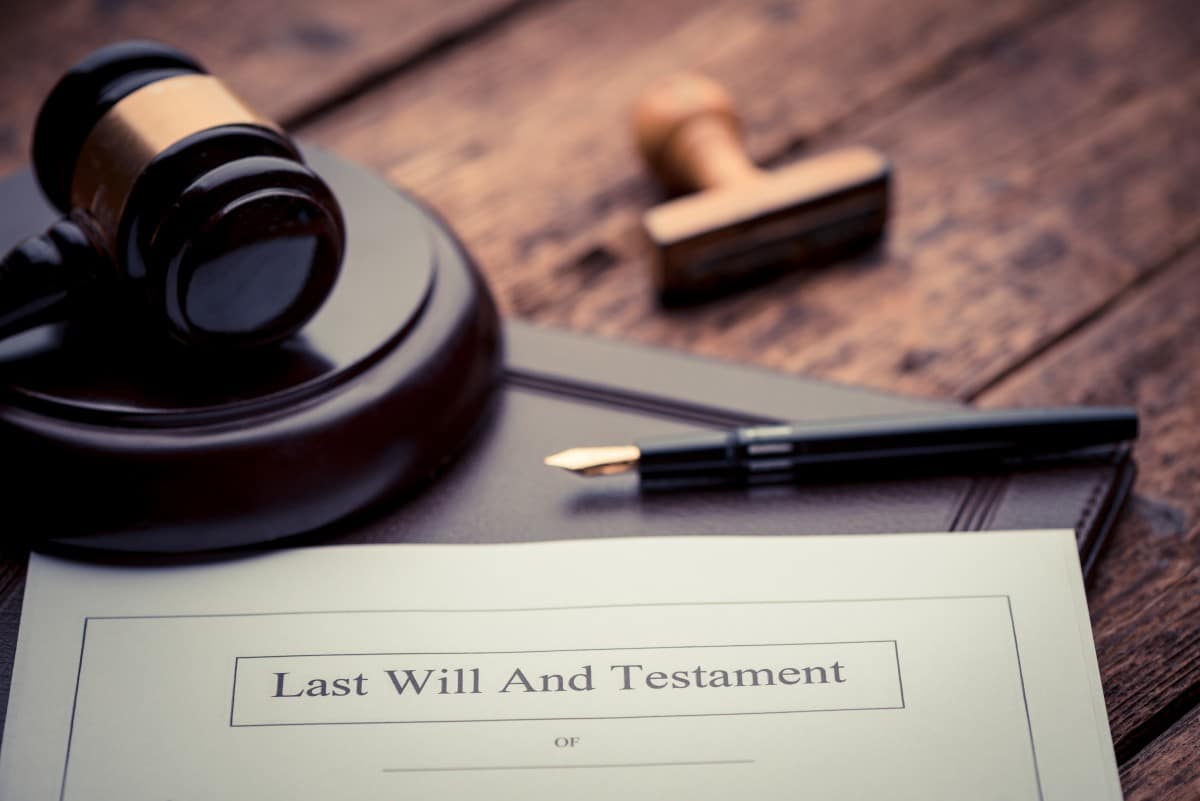A last will and testament is your written instructions about who will get your stuff when you die. While that sounds a bit trite, it is the truth. In order for those beneficiaries named in a will to get the property or money left to them in that will, it must be filed for probate in the Chancery Court after the will-maker’s (testator’s) death. A valid will requires the signatures of at least two witnesses, and those signatures must be verified by affidavit in order for the will to be admitted to probate. A recent Mississippi Supreme Court case considered the requirements of the statute for proof of witnesses to a will.
Several years after the death of Luke Beard, his grandson, Antonio Christmas, discovered that Luke’s will was never probated. Instead, Antonio’s mother, Diane Christmas, had administered an intestate estate as to which she, as the only child, was the sole heir. Antonio sought to probate the will, which left Luke’s entire estate to Antonio. The will was signed and witnessed by the signatures of two individuals, but it did not include a self-proving affidavit of either of those witnesses. By the time the will was offered for probate, both attesting witnesses were deceased. Miss. Code § 91-7-7 provides that, if the signing witnesses are unavailable a will “may be established by proving the handwriting of a testator and of the subscribing witnesses to the will, or of some of them.” Antonio produced witnesses who attested to the signatures of Luke and one of the witnesses. The trial court held that one witness signature was not sufficient and refused to probate the will. Relying on the “or of some of them” clause at the end of the statutory provision, Antonio appealed. The Court of Appeals agreed with Antonio, finding that the phrase “some of them” required that at least one witness signature be verified. Diane appealed to the Mississippi Supreme Court. The Supreme Court cited a prior decision in which it had held proof was needed of “at least two witnesses” and held, accordingly, that in order for Beard’s will to be probated, the signatures of the testator and at least two witnesses must be proven.
Christmas v. Christmas, 2019-CT-01821-CT (Miss. 2022). For the opinion, click here.
For help with preparation of a “self-proving will” that can automatically be admitted to probate, call us today.
